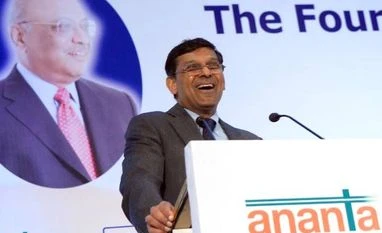"We need greater clarity on the matter, especially after the recent Supreme Court ruling which says having Aadhaar card is not mandatory for availing of benefits," Rajan said, stressing that the apex court is not intending to stand in the way of voluntary usage of the cards.
Citing the experience in the US, Rajan said "we need to learn from experiences like the usage of the Social Security Number, which is continuing to be used without raising any concerns on privacy".
"Given how far Nandan's UIDAI has taken us towards a universal unique ID for India, it would be sad if its use was restricted," he said while delivering the fourth C K Prahalad memorial lecture here.
In 2009, the government created the Unique Identification Authority of India under Infosys co-founder Nandan Nilekani, which used citizens' data for creating unique Aadhaar numbers.
The Aadhaar numbers have now become central to a slew of government initiatives, including direct subsidy transfers and the financial inclusion plan.
Stating that part of the credit for creation of UIDAI can be attributed to a letter recommending such a system written by celebrated academic Prahalad and himself, Rajan said it has a host of advantages like plugging duplication of beneficiaries, avoiding overborrowing and helping a person avail of credit.
)